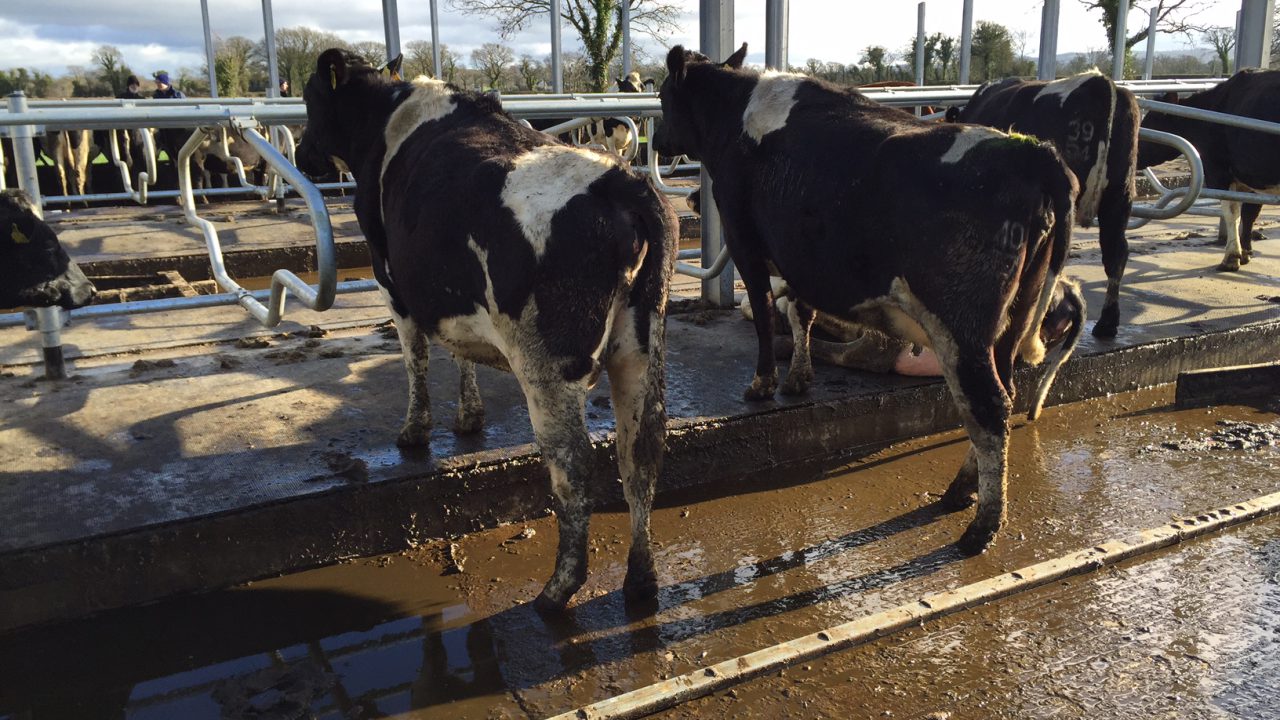This has seen most farmers house their cows and youngstock for the winter period.
Although cows might get back out again if the weather improves, it is unlikely that youngstock will.Heifer mastitis
Unlike cows, the majority of heifers will not have received a teat sealer to help prevent infection during the housed period.Udder infections can be picked up from the environment or transmitted from one heifer or cow to another.
Along with having significant effects on udder health and lifetime milk yield, there is also an associated culling risk – particularly in cases involving major pathogens. This impact on a farm's profitability, as well as on the welfare of the animals, means that it’s critical to prevent and manage mastitis in a herd.Controls
Animal Health Ireland (AHI) recommends that controls are necessary if more than 15% of heifers have a case of clinical mastitis at or around calving, or if more than 15% have a somatic cell count (SCC) of >200,000 cells/ml within 35 days of calving.Some ways of reducing the risk of heifer mastitis include improving general udder health on the farm, by keeping cows and heifers in clean and hygienic environment.
Any cows or heifers with skin lesions such as warts should be addressed. When heifers are grazing farmers should ensure that effective fly control measures are in place and that cross-suckling is not taking place.Ahead of calving, farmers should ensure that stress is kept to a minimum and first-time calvers and older cows are not mixed.
Heifers should be trained in the milking parlour before calving so that it is not completely new to them, which should reduce stress levels in the heifers. They should be receiving adequate amounts of pre-calving minerals. The calving pen should be clean and well maintained throughout the calving season. If heifer mastitis has been an issue on a farm in previous years, farmers should discuss options with your vet. One option to could consider is teat spraying heifers with an iodine-based teat spray for a number of weeks ahead of calving. This can reduce the amount of bacteria present on the teat and teat ends.
